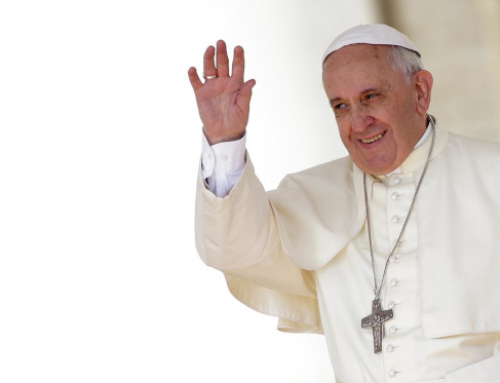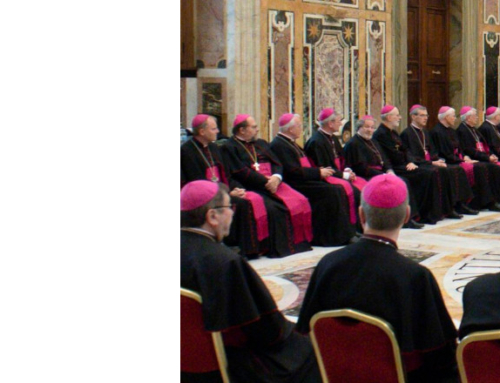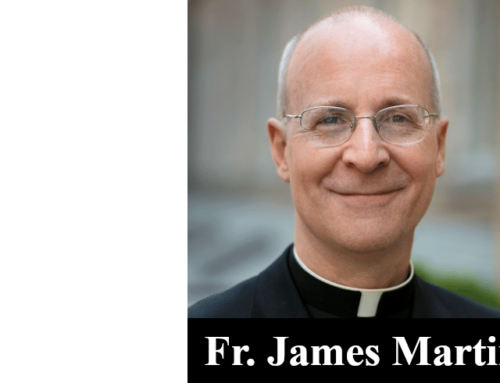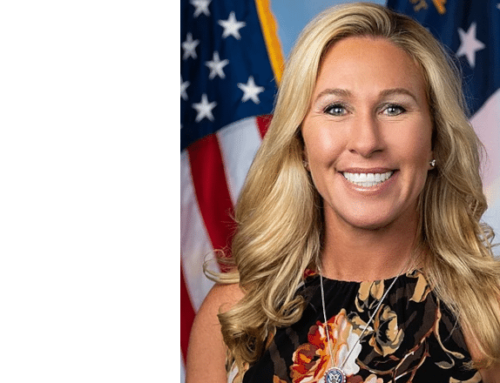Catholic League president Bill Donohue comments on another article alleging the Catholic Church is not being transparent about abuse cases:
Last month, the Associated Press (AP) quoted a professor from Case Western University, Brian Clites, who made spurious comments about the Catholic Church. He was referred to as a “leading scholar on clergy sexual abuse,” a statement that was patently untrue. As I pointed out, the man has never written a book on anything, much less on this subject. How he became elevated to being a “leading” scholar only AP knows.
Now this genius is back. Clites posted a piece on “Catholic Investigations Are Still Shrouded in Secrecy” for the online publication, “The Conversation.” It was picked up by Yahoo for distribution.
Clites notes that Buffalo Bishop Richard Malone recently resigned after being criticized for some decisions he made handling clergy sexual abuse. That much is true. He then cites the case of Bishop Robert Finn of Kansas City as an example of a Vatican investigation that did not go public with its findings.
Clites fails to mention that when Finn learned of some disturbing photos on the laptop of a priest in his diocese, he contacted a police officer and an attorney. They concluded that the pictures of fully clothed girls, which were admittedly suspect (crotch shots), did not constitute child porn. It is important to note that there was no complainant—had Finn said nothing, no one would have known about this incident.
After the priest was evaluated by a psychiatrist, restrictions were placed on him. When he violated the agreement, Finn contacted the authorities. It is important to note again that he had no legal mandate to do so—no law had been broken. When it was then learned that hundreds of offensive pictures were found on the priest’s computer, the police were summoned. A week later the priest was arrested.
So why didn’t Clites mention any of this? Because it would get in the way of his narrative about the shameful Catholic Church. He did not stop there.
Clites is critical of Pope Benedict XVI’s decision to sanction an Australian priest in 2007. He should not be. The pope was confronted with a priest who rejected various Church teachings. Would not the editorial board of any newspaper fire a member of the board who decided to go rogue and promote a point of view that is contrary to the established policy? Should the Catholic Church be held to a different standard?
Similarly, Clites questions the “highly secretive” investigations of some nuns by the Vatican. Perhaps he never read about all the faithful nuns who had long been demanding such a probe: in some cases, they are surrounded by dissident sisters who have gone off the reservation.
Clites gives away his cards altogether when he writes of the “authoritarian and top-secret nature” of Church investigations. He must be thinking of the media and Hollywood: they still invoke confidentiality agreements governing sexual misconduct. Too bad they don’t follow the lead of the Catholic Church—these gag orders were banned almost two decades ago.
Contact: brian.clites@case.edu







